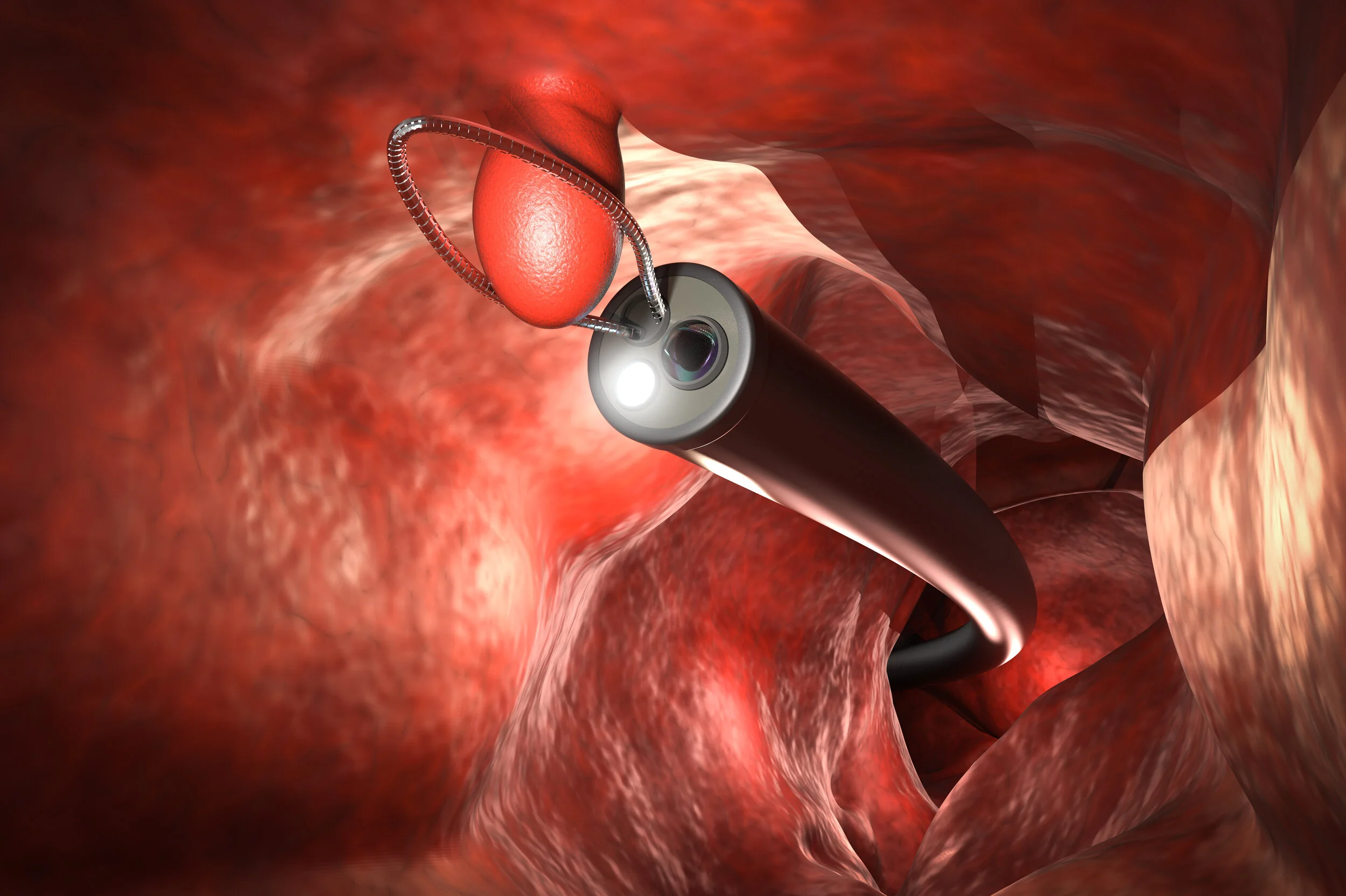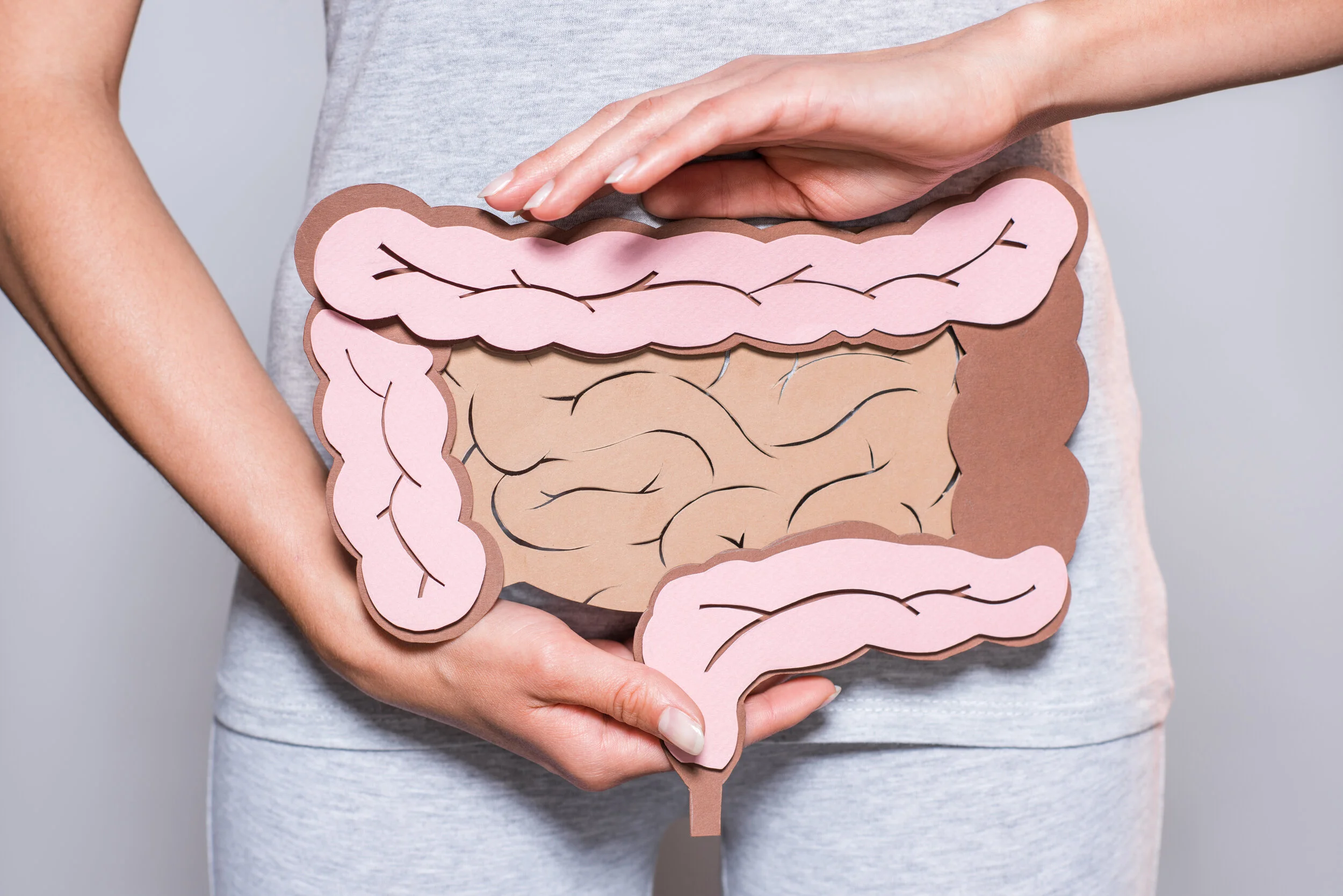Are you at risk for colon cancer? Even if your risk factors are not hereditary, it's important to be aware of what risk factors can affect your chances. The risk of developing this disease is higher for people who have risk factors such as age, gender, and other health concerns. There are also risk factors that we can control like diet, exercise habits, smoking. Let's take a closer look at the risk factors for colon cancer.
How Is Crohn’s Disease Treated?
About 700,000 people in North America suffer from Crohn's disease, making it one of the most common inflammatory bowel diseases. Despite the lack of a cure, there are various kinds of treatments that can be administered, depending on the severity. Today we’re going over Crohn's disease symptoms and different Crohn's disease treatment options, including lifestyle changes, medications, and Crohn's disease surgery.
8 Screenings And Tests For Irritable Bowel Syndrome (IBS)
Irritable bowel syndrome (IBS) testing is done based on a physician’s judgment after examining many factors such as family history, symptoms, stress factors, etc. Let's take a look at the tests that are relevant to the diagnosis of IBS.
What Are The Different Parts Of The Digestive Tract?
When most people think of their digestive systems, their first thoughts usually go to foods that make their stomachs happy. And while the stomach is an integral part of the digestive tract, it’s far from the only piece worth knowing about. Here at the Colorectal Clinic of Tampa Bay, we focus mainly on the lower digestive tract, but the entire system is important in sustaining our bodies and keeping us alive and healthy.
What Is Familial Polyposis? Everything You Need to Know About This Inherited Disorder
In the realm of colorectal disorders, few are as uncomfortable and persistent as familial polyposis. Let’s take a look at our most commonly asked question here at the Colorectal Clinic of Tampa Bay: what is familial polyposis? If you suspect that you might be suffering from this condition, don’t hesitate to reach out to our colorectal experts.
Colonoscopy Prep: How to Get Ready for Your Exam
Few routine procedures are avoided like colonoscopies; this is unfortunate because colonoscopies are the only way to detect colorectal cancer in its early stages. Let’s take a look at some of our most frequently asked questions about colonoscopies here at the Colorectal Clinic of Tampa Bay.
5 Recovery Tips For After Your Hemorrhoid Banding Surgery
Recovery for hemorrhoid banding is pretty challenging simply because of the discomfort most patients experience after the procedure. If you are looking into getting hemorrhoid banding surgery, or you’ve already undergone surgery and are in the process of recovery, here are 5 tips you can start using today.
How To Know If You Have a Fistula: Anal Fistula Diagnosis
Here at the Colorectal Clinic of Tampa Bay, we specialize in various diseases that affect the anal canal, opening, and the rest of the bowel. If you have struggled with anal abscesses in the past, you may likely develop an anal fistula at some point in your life. Let’s take a look at what anal fistulas are, how they are diagnosed, and how serious they can be.
IBS vs IBD: How To Tell The Difference
In the realm of bowel diseases, few are as uncomfortable as Irritable Bowel Syndrome (IBS) and Inflammatory Bowel Disease (IBD). Though the two may present with similar symptoms, there are a fair amount of differences between these conditions; knowing such differences will help ensure that you are on the right course of treatment. Today we’re answering some of the most commonly asked questions about the difference between IBS and IBD.
Which Rectal Cancer Surgery Is for Me? Exploring Your Options
Anal and rectal cancer can be scary diagnoses, which is why we specialize only in the most effective of care. Depending on where your cancer is localized, you may have a couple of different options when it comes to the removal of the tumor. Most surgeries are used in conjunction with chemotherapy or radiation, so make sure to develop a full plan of treatment with your oncologist. In the meantime, let’s discuss your rectal cancer surgery options.
Treating Rectal Cancer: What Is APR Surgery?
Most patients who have been diagnosed with rectal cancer will need some type of surgical procedure to remove the cancerous tissue. For many years, Abdominoperineal resection (APR) was the treatment of choice by colorectal specialists for most patients with rectal cancer. While modern technology has given additional choices for surgical procedures in patients with rectal cancer, APR is still a necessary modality in select patients. Below, we discuss the ins and outs of APR surgery including what it is, how it works, and complications associated with it.
Hemorrhoids Or Something Else? Understanding Hemorrhoid Symptoms vs Related Conditions
In the field of medicine, it’s often taken for granted how common some conditions are, while others are much rarer in presentation. While you and your doctor may want to assume that anal itching and bleeding after a bowel movement is simply caused by hemorrhoids, it would be a disservice to not address other potential conditions. The likelihood may be lower, but patients should know what to look for.
The Difference Between Colon Cancer & Anal Cancer
Colon cancer and anal cancer might sound, at first, like they are nearly identical; however, these diseases have totally different causes, presentation, and symptoms. Simply put, anal cancer and colon cancer are as different as skin cancer and cervical cancer. In fact, the anus is structurally different tissue than that of the colon; this is only where the distinctions begin.
15 Foods Perfect For A Colon Healthy Diet
It has often been stated that we are what we eat; while this phrase isn’t wholly correct, it has some bits of truth. When we consider our diets, most of us know that every bite will either fuel our bodies efficiently or contribute to some negative impact on our bodily systems. Here, we will take a look at some foods that are good for the colon.
Is Diverticulitis Hereditary? Everything You Need To Know About The Condition & What Causes It
Americans between the ages of 60-80 are more prone to diverticula, which for many, is harmless but for others presents as diverticulitis. This illness may have very few symptoms or may become more serious. Today we’re walking you through everything you need to know about Diverticulitis, including what causes Diverticulitis, whether it’s hereditary, common symptoms of Diverticulitis, and treatment options.















